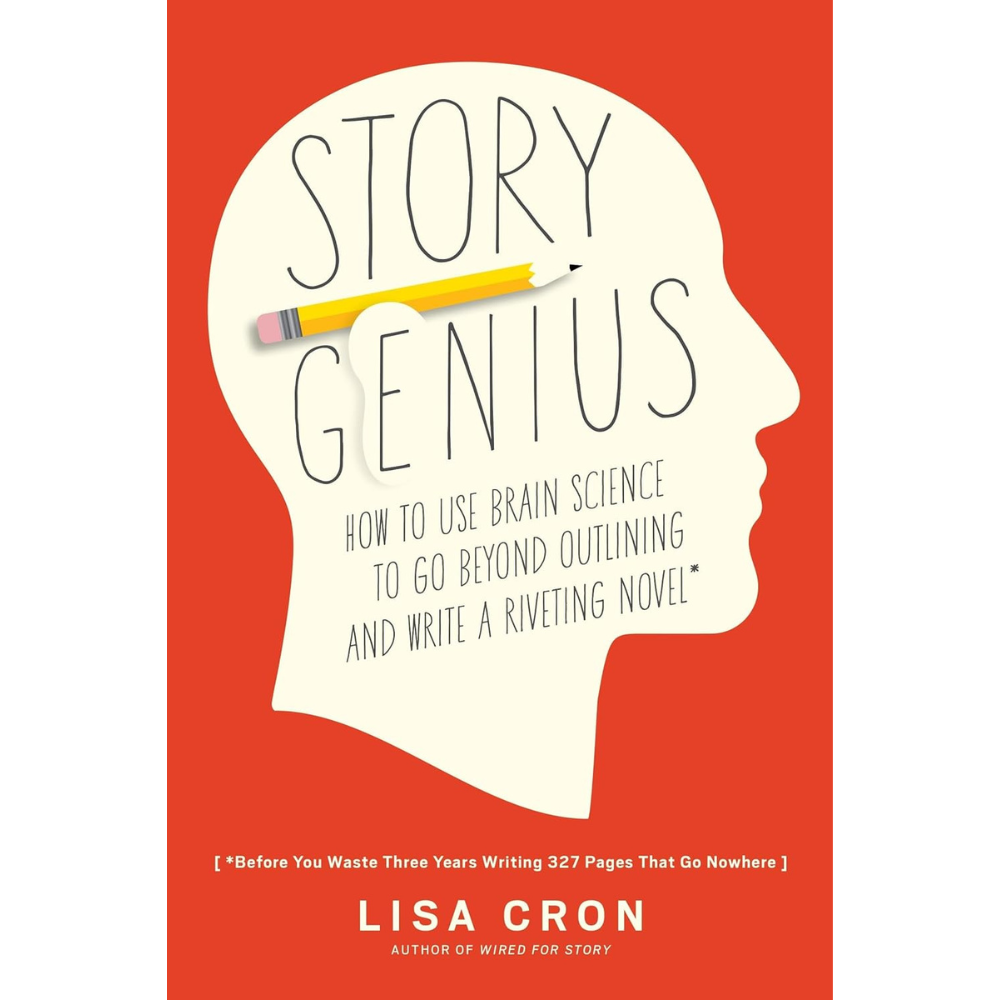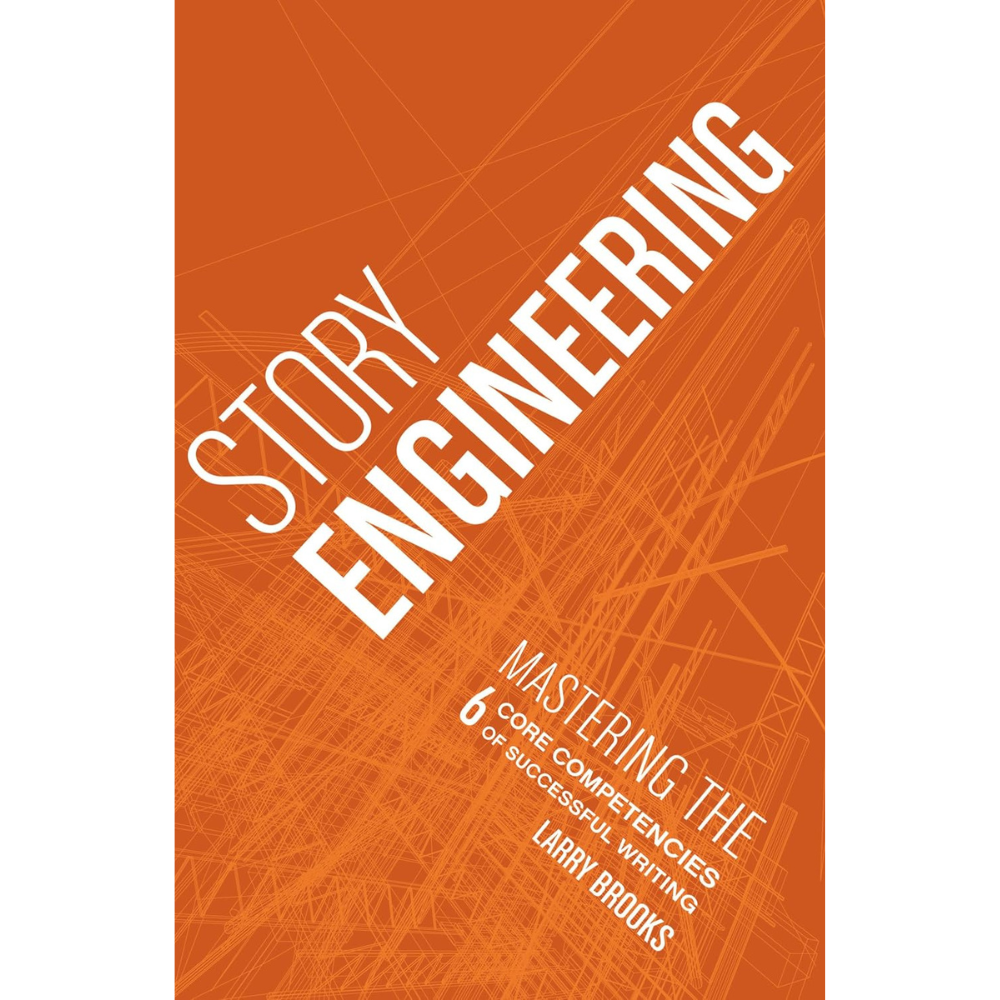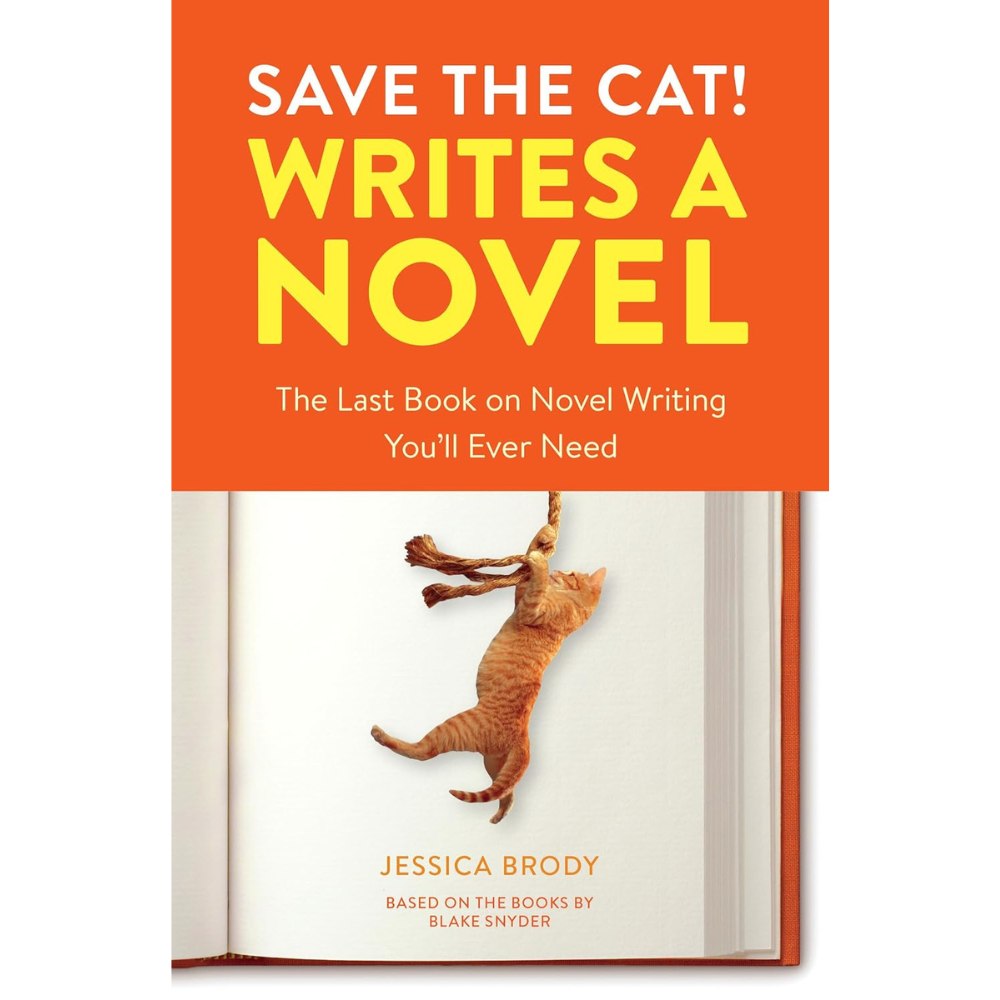Writing Blog

📖 Story Genius – Lisa Cron
Story Genius by Lisa Cron challenges the conventional wisdom that story is primarily about plot. Instead, she argues that great stories are built on the internal journey of the protagonist, with plot emerging organically from character development.

The Complete Guide to Editing and Feedback for Writers
Here is a comprehensive guide to the stages of feedback and editing, along with when each should take place. You may not need to pursue every avenue of editing, but this is the general trajectory you should take.

📖 Story Engineering – Larry Brooks
Story Engineering by Larry Brooks takes a highly structured, almost scientific approach to storytelling, breaking it down into six core competencies that serve as the foundation for a well-constructed novel.

📖 Save The Cat! Writes A Novel – Jessica Brody
Jessica Brody’s Save The Cat! Writes A Novel adapts Blake Snyder’s famous screenwriting method for novelists, providing a highly structured approach to storytelling that helps writers craft compelling narratives.

📖 Plot & Structure – James Scott Bell
If you’ve ever struggled with plotting, pacing, or keeping your story engaging, Plot & Structure by James Scott Bell is a must-read. This book provides a comprehensive breakdown of story structure.

📖 Outlining Your Novel – K.M. Weiland
If you’ve ever felt overwhelmed by the idea of outlining—or if you’re unsure whether outlining is even right for you—this book provides a practical and adaptable approach to planning your novel. Weiland explores different outlining methods, helping writers find a system that works for their unique process.

📖 How to Write a Novel Using the Snowflake Method – Randy Ingermanson
Writing a novel can feel like a daunting, overwhelming process, but Randy Ingermanson’s How to Write a Novel Using the Snowflake Method breaks it down into a step-by-step system that simplifies story development. The Snowflake Method is designed to help writers build their novel organically, starting with a single, central idea and gradually expanding it into a full-fledged manuscript.

Creating Complex Characters: My Scrivener Character Template
In this post, I’m sharing the template I use in Scrivener to develop my characters. I’ve found it invaluable in ensuring my characters are multidimensional and consistent throughout my stories.

My Writing Goals and How I Plan to Reach Them
Writing a novel is a marathon, not a sprint—but having clear goals keeps me on track. As I dive deeper into my book, I want to set realistic targets to stay accountable and make steady progress. I struggle with ADHD and anxiety (plus a generous helping of depression on the side), so I know I need concrete objectives to keep myself on course while being mindful of my mental health. Writing is inherently challenging, and if I set overly ambitious goals, I risk triggering anxiety and spiraling. On the other hand, if my goals are too lax, I may never finish. In this post, I’ll share my word count targets, writing strategies, and how I plan to stay consistent.
Categories
Writing Journey – My goals, milestones, reflections on my progress, and lessons learned along the way.
Writing Process – Blog posts about drafting, revising, and my creative habits.
Writing Resources – Tools, research methods, and recommendations.
My Novel – Updates on my current work in progress.
Book Reviews – Reviews of various writing craft books and comparable novels to my work in progress.

